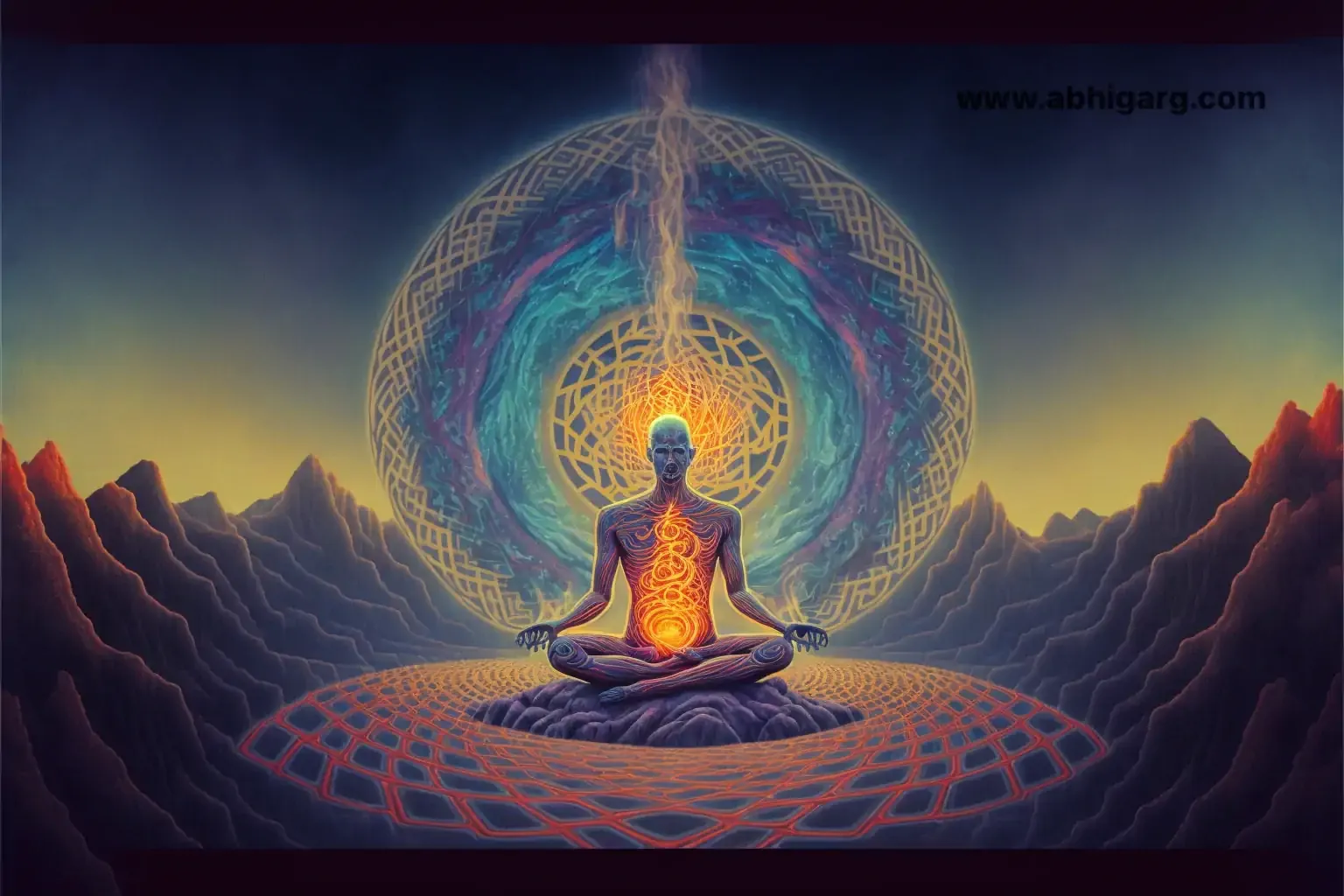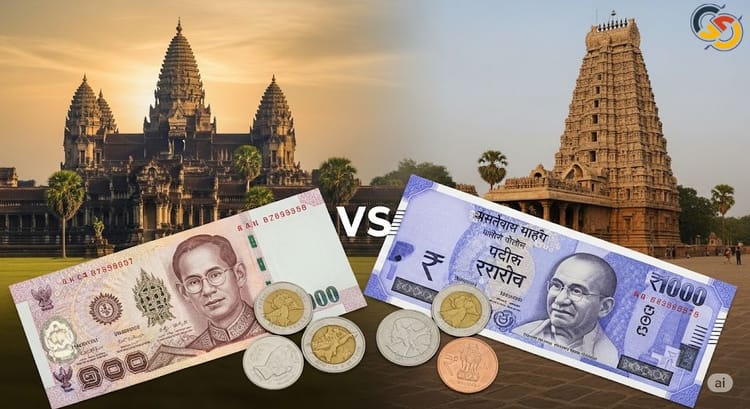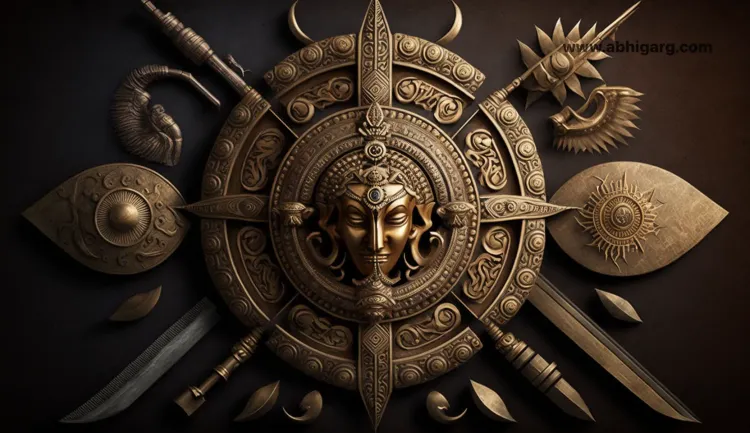Dharma vs. Adharma and the Complex Choices: What Does the Hindu Philosophy Advocate?

The concepts of Dharma and Adharma lie at the heart of Hindu philosophy, guiding individuals on their spiritual journey toward leading righteous lives. These principles, deeply rooted in ancient Hindu texts, can offer valuable insights into navigating the complexities of human existence, including the challenging dilemma of choosing between God and Country. In this article, we will delve into the allegorical and spiritual dimensions of Dharma and Adharma, drawing on the wisdom of rishis, spiritual gurus, and Hindu scriptures to provide a comprehensive understanding of these essential philosophical concepts.
Understanding Dharma and Adharma: Allegorical and Spiritual Perspectives
Various allegories and parables in Hindu mythology often represent Dharma, the principle of cosmic order, righteousness, and duty. For instance, in the Mahabharata, the Pandavas embody the virtues of Dharma, while the Kauravas represent the forces of Adharma. The epic's central theme revolves around the struggle between these opposing forces, culminating in the great battle of Kurukshetra.
Spiritual gurus and rishis emphasize the importance of following one's Dharma or Swadharma, which is the individual's inherent duty based on their natural inclinations, talents, and life circumstances. By fulfilling their Swadharma, individuals contribute to the broader cosmic harmony, ultimately leading to spiritual growth and self-realization.
The Bhagavad Gita, one of the most revered Hindu scriptures, provides profound insights into Dharma and the complexities of human choices. In the Gita, Lord Krishna offers guidance to Arjuna, who is conflicted about fighting against his own kin in the battle of Kurukshetra. Krishna teaches Arjuna the importance of upholding his Dharma as a warrior and the necessity of selfless action (Karma Yoga) in the pursuit of spiritual growth.
Choosing Between God and Country: Insights from Hindu Philosophy
The Upanishads and Vedas do not explicitly address the dilemma of choosing between God and Country. However, Hindu philosophy offers valuable guidance on how to approach such complex choices, emphasizing the importance of discernment, detachment, and adherence to one's Dharma.
Sri Ramakrishna, a 19th-century Indian mystic and spiritual guru, taught that all paths ultimately lead to the same divine truth, whether one prioritizes God or Country. He encouraged individuals to seek a balance between spiritual pursuits and worldly responsibilities while keeping their focus on the goal of spiritual realization.
Swami Vivekananda, a prominent disciple of Sri Ramakrishna, emphasized the importance of serving humanity as worship. In this context, choosing Country over God could be seen as an expression of one's Dharma if it involves selfless service and the betterment of society.



Discerning Good and Evil, Dharma and Adharma: Guidance for the Common Person
Distinguishing between good and evil, or Dharma and Adharma, is a challenging task that requires deep contemplation, self-reflection, and spiritual growth. The Vedas and Upanishads provide valuable insights into Dharma, emphasizing the importance of inner purity, self-control, and detachment from material desires.
Besides studying these ancient texts, individuals can seek guidance from spiritual gurus, rishis, and mentors who have dedicated their lives to pursue spiritual wisdom. Engaging in regular meditation, prayer, and introspection can also help cultivate the discernment and moral clarity to navigate the complexities of life.
The teachings of renowned spiritual masters, such as Swami Sivananda and Paramahansa Yogananda, emphasize the importance of developing universal love, compassion, and empathy as essential qualities for discerning Dharma from Adharma. By cultivating these virtues, individuals can develop a more profound understanding of their responsibilities toward themselves, others, and the world at large.
Some practical steps for the common person to distinguish between Dharma and Adharma include:
- Study and contemplation: Regularly reading and reflecting on sacred texts, such as the Bhagavad Gita, the Upanishads, and the Vedas, can help one gain a deeper understanding of the principles of Dharma and Adharma.
- Spiritual practice: Engaging in daily meditation, yoga, and mindfulness practices can help one develop greater self-awareness, discernment, and moral clarity.
- Seek guidance: Learning from the teachings of spiritual gurus, rishis, and mentors can provide valuable insights and guidance on navigating the complexities of life and making morally sound choices.
- Cultivate virtues: Developing virtues such as truthfulness, non-violence, selflessness, and compassion can help one align their actions with the principles of Dharma and contribute to personal and societal well-being.
- Self-reflection: Regularly evaluating one's actions, intentions, and motivations can help individuals maintain a strong moral compass and ensure that their choices align with their Dharma.
Conclusion
The philosophical concepts of Dharma and Adharma offer valuable insights into human existence, morality, and spiritual growth. While the dilemma of choosing between God and Country can be complex, the wisdom of Hindu scriptures, rishis, and spiritual gurus provides a wealth of guidance for navigating these challenges and making morally sound choices.
Ultimately, the path to discerning Dharma from Adharma lies in the cultivation of self-awareness, spiritual wisdom, and moral clarity. By following this path, individuals can lead righteous lives, contributing to the cosmic harmony and fulfilling their divine purpose.



